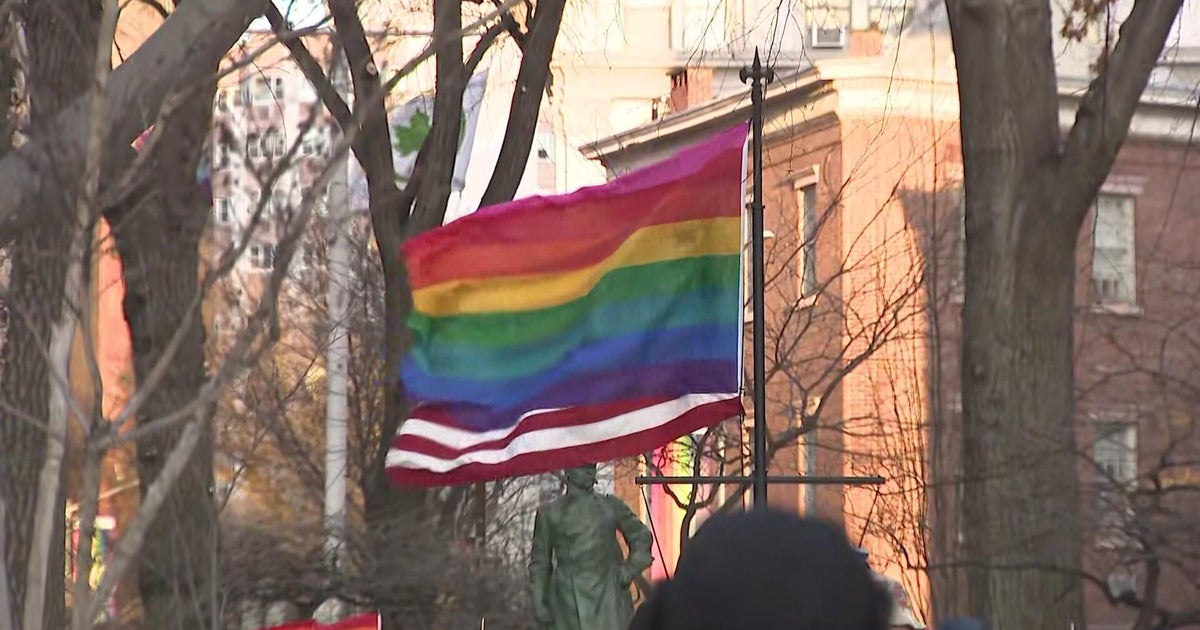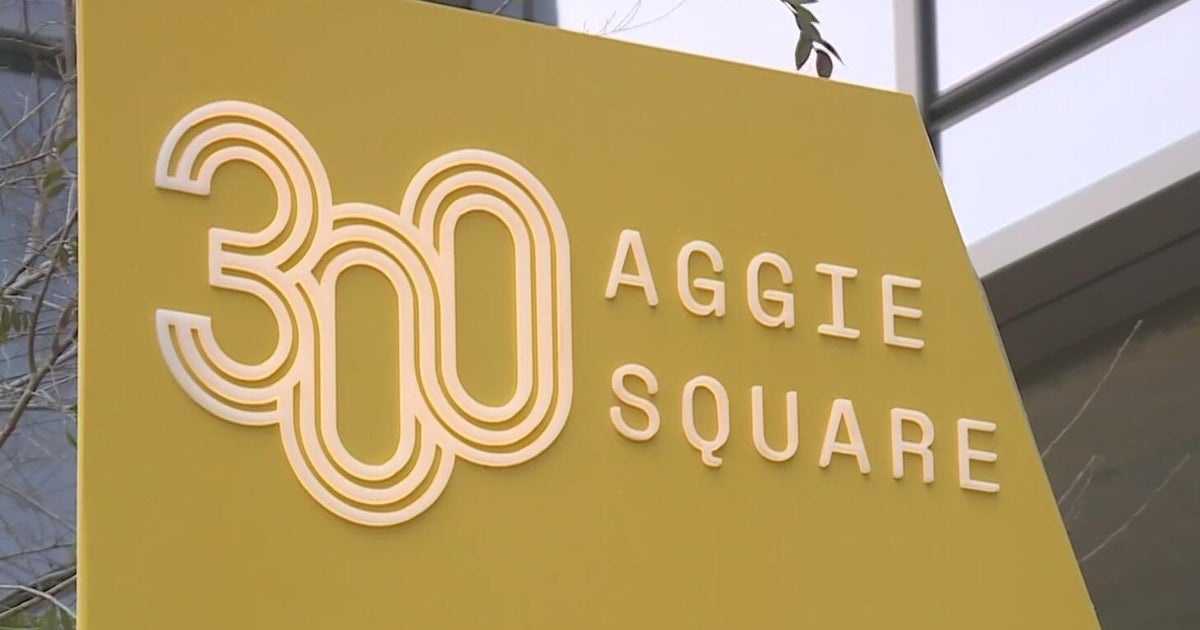Call Kurtis: The 6,000 Mile Package
SACRAMENTO (CBS13) -- How the United States Postal Service works is a mystery to many.
In fact the USPS takes a lot of heat for its inefficiency.
Here's a related and recent mind bender: a package is sent two miles across town but it traveled more than 6000 miles to get there.
Justin Wong is a computer science major at UC Davis.
I mean, what else would he be doing with a book titled Linear Circuit Analysis?
The time came to unload that piece of non-fiction.
So he it sold online at Amazon.com; another guy in Davis bought it.
Justin took it to the campus post office on March 3rd and mailed it to him.
He checked its progress online using the tracking number every other day or so.
Four days later he noticed that the book had made a linear trip to New England.
"When it went to Massachusetts I was like 'wait, what? Why would it go all the way across the country? You know it doesn't need to go that far.'"
That book traveled more distance than some exchange students.
It left the UC Davis post office and arrived at the USPS National Distribution Center in Bell.
From there it headed for the east coast, arriving at the sort facility in Springfield, Massachusetts.
It left there, headed back west, and landed in West Sacramento.
The post office rerouted it, sending it back to Davis and on to the book's buyer.
That non-linear circuit was over 6,300 miles long and took seven days to go, essentially, nowhere.
"How much is that costing the USPS?"
Justin wasn't angry, and nowhere near going postal, but he was baffled.
So we got in touch with the USPS.
They dug into it and came back almost as baffled as Justin.
They said the package "...actually met the service standard in spite of the circuitous route…" but "…unfortunately, I don't have an answer for you on why it went from Bell to Springfield, MA and then back to West Sac... it's an anomaly."
And it's a relief for Justin knowing that the book made it to the buyer, eventually.
"I could have walked the book there myself and just delivered it. And it would have been faster too."
Justin worried that if the book was lost he'd be out the book and the $65 he sold it for.
Plus his rating as a seller on Amazon would go down.
The USPS says it's more efficient to use centralized hubs for routing mail.
Other carriers like Federal Express and United Parcel Service do the same thing.







